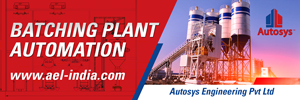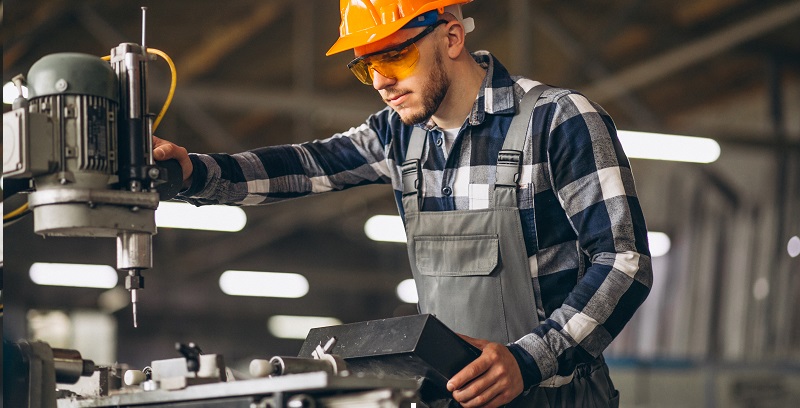Schedule a Call Back
Lord’s Automotive steering the future with EVs
 Interviews
Interviews- Jul 24,24
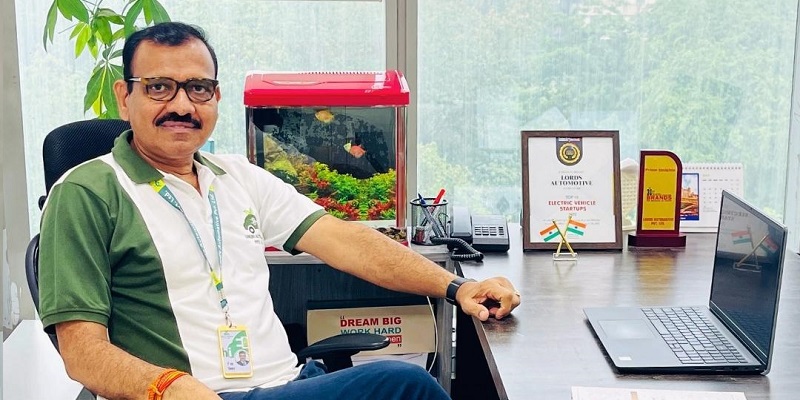
Related Stories
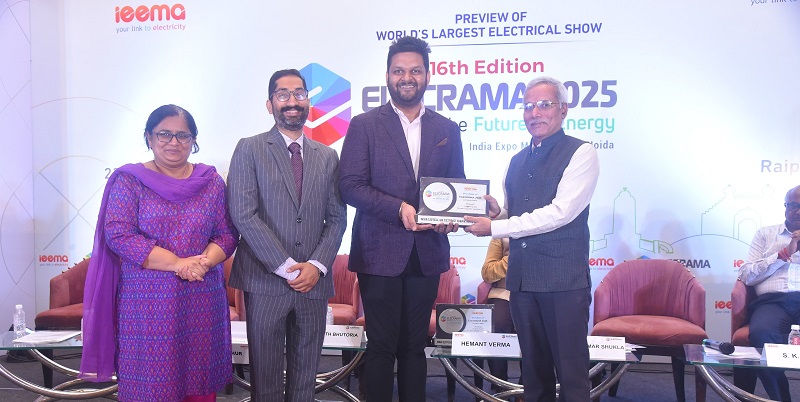
Electrical event ELECRAMA kicks off roadshow in Chhattisgarh
This roadshow marks the beginning of a series of events leading up to the main exhibition, highlighting the latest advancements and innovations in the electrical sector.
Read more
Lord’s Automotive steering the future with EVs
The EV evolution is shaping customer experiences and addressing key challenges in the sector, says Dr Veer Singh, CEO, Lord’s Automative Pvt LTD.
Read more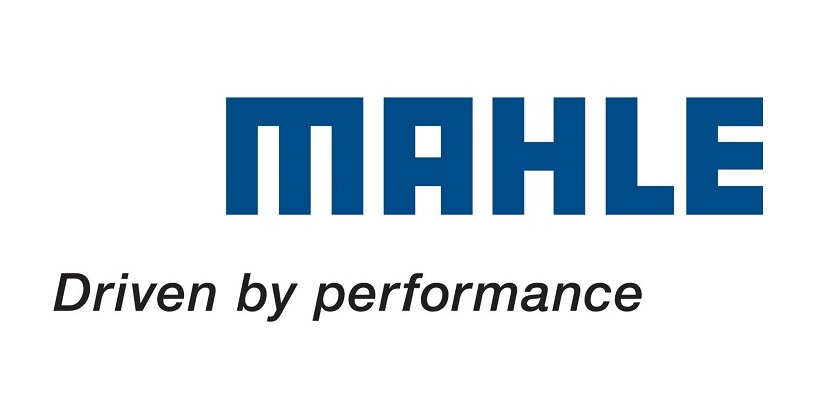
MAHLE promotes technological diversity in transportation
The group supplies over 120 international commercial vehicle brands in the on- and off-highway sector.
Read moreRelated Products
Tata Motors unveils facilities for development of Hydrogen propulsion tech
Tata Motors, India?s largest automobile company, unveiled two state-of-the-art & new-age R&D facilities for meeting its mission of offering sustainable mobility solutions. The unveilings constitute of Read more
Tata Motors plans petrol powertrain for Harrier and Safari SUVs
Tata Motors is in the process of developing a new petrol powertrain for its premium sports utility vehicles, the Harrier and Safari, as confirmed by a senior company official. Currently, these models Read more
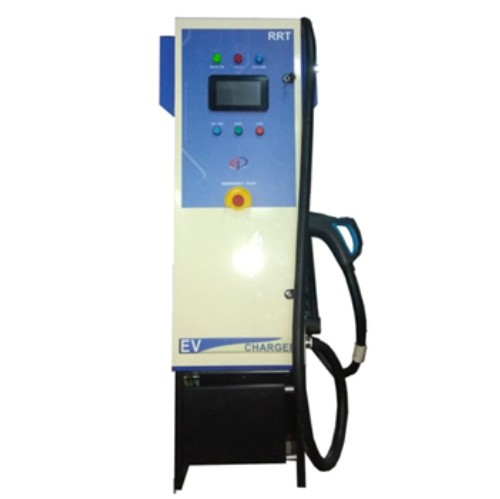
Electric Vehicle Charger
RRT Electro is engaged in manufacturing of customized Power Electronic Products over two decades having capability to Design, Develop, Prototyping, Regulatory Compliance testing & Certification, Manuf Read more

